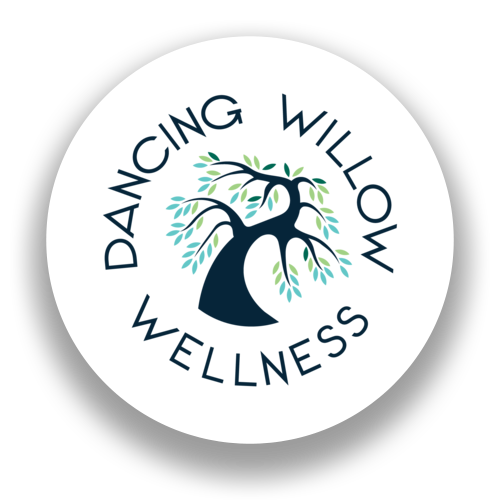How to Start Your Recovery from Substance Use & Mental Health
People often ask me about my work as an addictions counsellor. They want to know about the tragedies and the triumphs. They want to know how the story ends…
It’s rare that I get asked how the journey begins. What does it take to start moving forward? There isn’t a simple answer for this. In fact, I‘m sure there are many out there. But I prefer to lay the groundwork in the following way:
The first step is the hardest, many people struggle with where to start. Although "the journey of 1,000 miles begins with a single step", it can be paralyzing deciding which step to choose first. The first few steps are mental, a shift in perspective. They’re a challenge of rules to move forward.
Here's the starting point of reference I suggest to all my clients when they ask, "How do I recover?"
The answer is in the question – How? → H.O.W.
H - Honesty
The temptation to minimize the problem at hand is real. If we can shrink its size, perhaps it'll be more manageable? Or maybe, not a big deal at all. Yet, the problem with this strategy is that it's almost impossible to match the appropriate solution if you don’t fully understand and define the problem.
For some in early recovery, a case of the "fuck-its” makes it easy to be honest. If you have nothing else to lose, being honest is easy; there are no consequences left.
But if you’re withholding information because of real consequences, it can be terrifying to come clean. If you believe that the truth will cost you a friend, a loved one, or even a family, it can seem impossible.
So, for starters, be as honest as possible in all interactions. Eventually, an unclear problem will need clarifying.
O - Openness
Being honest is great, but being forthcoming about everything that's happened, and continues to occur, is essential. Even if you’re honest about what you tell your supporters, you have to be open and transparent. Withholding information lends itself to miscommunication and mismatched results; the issues cannot be addressed without all of the facts.
Moreover, being open to insights, perspectives, treatments, modalities and other things outside your comfort zone. A lack of openness can sound like, "I'm not into that hippy-dippy chanting," referring to meditation. If something has endured thousands of years and worked for millions of people, why wouldn't it work for you?
Being transparent allows for a complete picture of the situation you find yourself in. If our cars are making a strange sound, but we only focus on tire air pressure and rotation, we omit the rest of the car that sits ON these tires.
W - Willingness
Now you must be willing to try these new things outside your comfort zone. Knowing that you’ve just opened your mind to it isn't enough to consider (and certainly don't 'try' - see my other blog for the determinants of "trying"). A supervisor once said to me, "If you tell someone that they will get better by standing on their head for 5 minutes every morning, they should be willing to do it". Meditation may seem silly. Positive affirmations can sound cheesy and lame. Talking about problems may seem pointless. But if you're willing, you will find something that works for you among them… which is the whole point.
That's HOW you start your recovery journey.
Alicia



